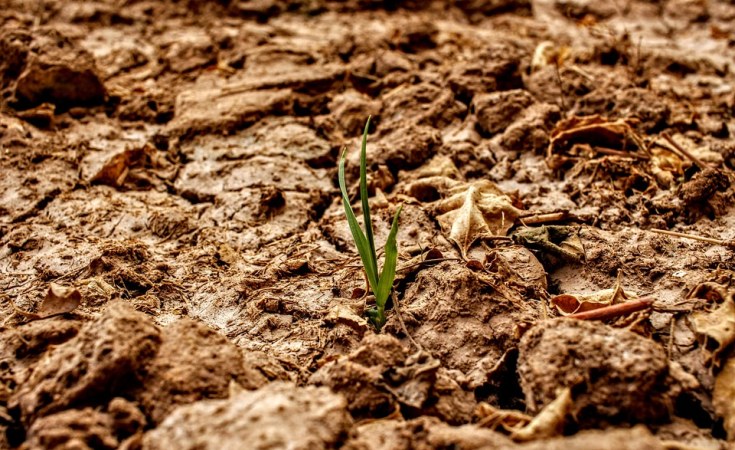Nairobi, Kenya — Representatives from top African political and financial institutions are in Kenya preparing for the Africa Climate Summit. They've started meeting ahead of Monday's summit to discuss possible responses to the climate change wreaking havoc in parts of Africa through increased droughts and food insecurity, triggering conflict and humanitarian crises.
In the past few years, countries in Eastern Africa have been ravaged by drought, putting more than 20 million people in need of humanitarian assistance.
Last year, Nigeria was hit with floods that uprooted more than 1 million people and heightened food insecurity.
Migration from affected areas, growing competition over natural resources and water scarcity due to changed rainfall patterns have also increased the risk of violence and conflict in Africa.
These examples underline the urgency driving this weekend's Conference on Climate Change and Development in Africa (CCDA) and the Africa Climate Summit that takes place Monday in Kenya.
Attendees from the African Union, the African Development Bank and other institutions will discuss ways to combat the effects of climate change that are causing major problems in many parts of the continent.
Hanan Morsy is the deputy executive secretary and chief economist at the U.N. Economic Commission for Africa, which explores strategies to advocate for Africa's specific needs and solutions in addressing the climate change crisis.
"It will be important to establish a strong African position and to advance the call for action globally on what is required to fix the situation," Morsy said. "Some of the things mentioned in terms of the need for ensuring sufficient financing to meet the demands for green transition and to pay attention to the particular nature of green transition for Africa."
In 2019, the World Meteorological Organization released a report drawing attention to the risks that climate change brought to Africa's well-being and food and water resources.
Forecasts, which turned out to be correct, showed increased temperatures and reduced rainfall in Africa's northern and southern regions.
Next week, as Kenya hosts the Africa Climate Summit, leaders are expected to address the continent's harsh weather conditions-- which have contributed to poor health, food shortages, and governments spending at least 5% of their GDP to manage the situation.
The conference is an opportunity for Africans to face the impact of climate change and improve people's lives, said Wanjira Mathai, an environmental expert with the World Resources Institute, based in Nairobi.
"This has to be an opportunity to transform people's lives and livelihood across the continent and what's special is talking about African leadership in the process and how does Africa show up as a hub for climate solutions to address our problems, our needs-- but in so, doing also [to] address global climate needs and we have a lot of things going on for us," Mathai said.
Africa is the continent most affected by climate change, but it produces the fewest greenhouse emissions.
The summit on Monday will bring together government officials, organizations and experts to support sustainable green growth and climate financing solutions for Africa.
"We expect that many of these minerals the continent is abundant in, the demand for them will increase massively," Morsy said. "The demand for lithium is expected to increase 40-fold. Demand for cobalt is expected to increase 25-fold. This really presents solid opportunities for the continent to build on these natural resources."
The conference reports will shape a statement for African heads of state at the upcoming global COP28 meeting in the United Arab Emirates.


